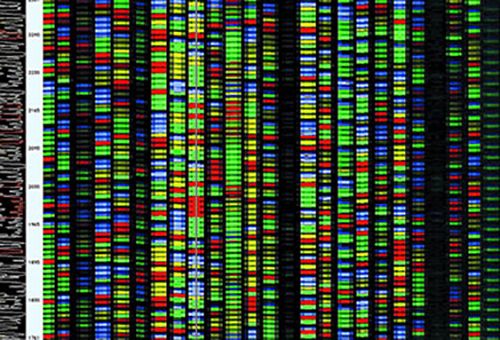
The strength of genome-wide association studies (GWAS) lies in their ability to identify new disease biomarkers through large-scale genomic comparisons of afflicted individuals and unaffected controls. Now, using this powerful technique, an international collaboration of researchers has identified five new gene regions that increase a woman’s risk of developing endometrial cancer—one of the most common cancers to affect women—taking the number of known gene regions associated with the disease to nine.
Endometrial cancer affects the lining of the uterus, typically presenting as an adenocarcinoma. Endometrial cancer is the sixth most common cancer in women worldwide and is the most common cancer of the female reproductive tract in developed countries, with over 320,000 new cases diagnosed in 2012.
Investigators at the University of Cambridge, Oxford University, and QIMR Berghofer Medical Research Institute in Brisbane studied the DNA of over 7000 women with endometrial cancer and 37,000 women without cancer to identify genetic variants that affected a woman’s risk of developing the disease.
Read more






